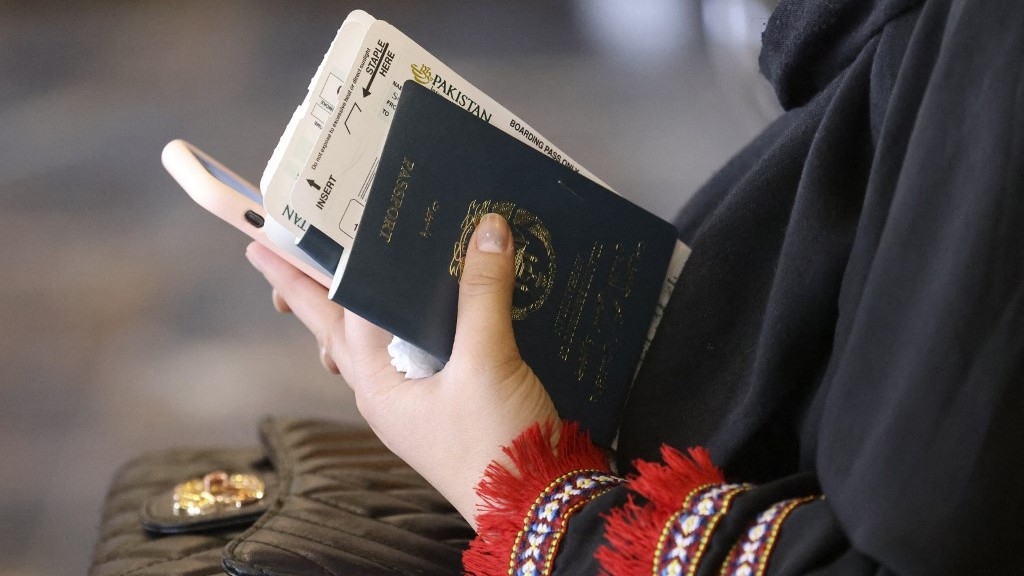Saudi Arabia expanding e-visa system to 12 countries including Turkey, Lebanon and Pakistan

The government of Saudi Arabia announced on Thursday the expansion of it's e-visa system to include 12 more countries, making it a total of 19 countries.
Under the new system, travellers arriving in Saudi Arabia will no longer require a visa sticker on their passports.
Saudi Arabia will now use a printed e-visa with a QR code instead of visa stickers, the kingdom’s General Authority of Civil Aviation announced. This code will encompass all the necessary data and details about travellers.
The e-visa will also serve as the new format for labour, visit, and residency visas. The timetable for phasing out visa stickers in visitor passports will occur from 24 July to 4 September.
The countries include Pakistan; Yemen; Sudan; Uganda; Lebanon; Nepal; Turkey; Sri Lanka; Kenya; Morrocco; Thailand; and Vietnam.
New MEE newsletter: Jerusalem Dispatch
Sign up to get the latest insights and analysis on Israel-Palestine, alongside Turkey Unpacked and other MEE newsletters
In May, Saudi Arabia first implemented the new e-visa for seven countries, including the UAE, Jordan, Egypt, Bangladesh, India, Indonesia, and the Philippines.
Saudi Arabia has been seeking to attract more foreign visitors. Crown Prince Mohammed Bin Salman is leveraging oil revenue to diversify the kingdom's economy with investments in tourism and entertainment.
Last month, Mahmoud Abdulhadi, the deputy minister of investment attraction at the Ministry of Tourism, said 28 million tourists are expected to visit Saudi Arabia this year.
Recent data from the World Tourism Barometer show that the kingdom hosted 16.6 million tourists in 2022 and 3.5 million in 2021.
Middle East Eye delivers independent and unrivalled coverage and analysis of the Middle East, North Africa and beyond. To learn more about republishing this content and the associated fees, please fill out this form. More about MEE can be found here.




